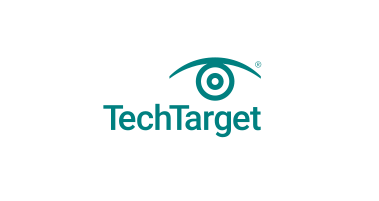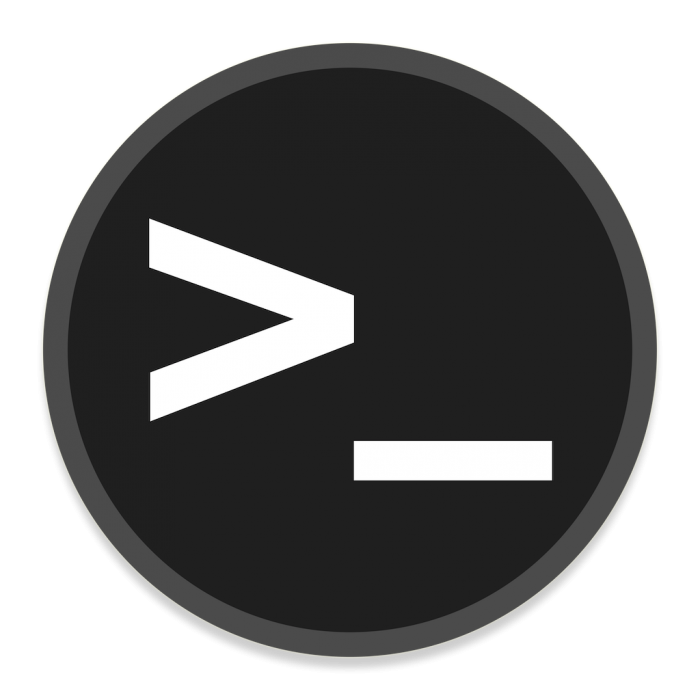I like kotlin SpringBoot apps deployed to k8s. Go apps for custom k8s operators/controllers.
- 7 Posts
- 2 Comments

 7·10 months ago
7·10 months agoI have been using “gaming” keyboards for coding for ~10 years now. The only thing to be wary of imo, is keebs that have “extra customizable keys” on them and break conformity from a standard layout. Depends on the device, but Logitech will call them “G keys”, for example, and often stick them on the far left of the board, left of tab/caps/L shift. Makes life a lot more difficult if not gaming.
Outside of that, I think calling something a “gaming” keyboard is more of a marketing tactic to up the price. It’s hard to not recommend mechanical, but that sounds out of budget and often hard to do wireless/bluetooth, but personally I think mech is the top priority.
What I have seen a lot of peers do is wait to see whatever keyboard the get in office, then buy the same one for home for consistency, rather than dragging a personal one back and forth. Often companies will offer basic boards like logitech K270, K350, or K650. Not amazing, not terrible, and most likely fit in your described criteria.







I find it very difficult to recommend generative ai as a learning tool (specifically for juniors) as it often spits out terrible code (or even straight up not working) which could be mistaken as “good” code. I think the more experienced a dev is, the better it is to use more like a pair programmer.
The problem is it cannot go back and correct/improve already generated output unless prompted to. It is getting better and better, but it is still an overly glorified template generator, for the most part, that often includes import statements from packages that don’t exist, one off functions that could have been inline (cannot go back and correct itself), and numerous garbage variables that are referenced only once and take up heap space for no seemingly no good reason.
Mainly speaking on GPT4, CoPilot is better, both have licensing concerns (of where did it get this code from) if you are creating something real and not for fun.